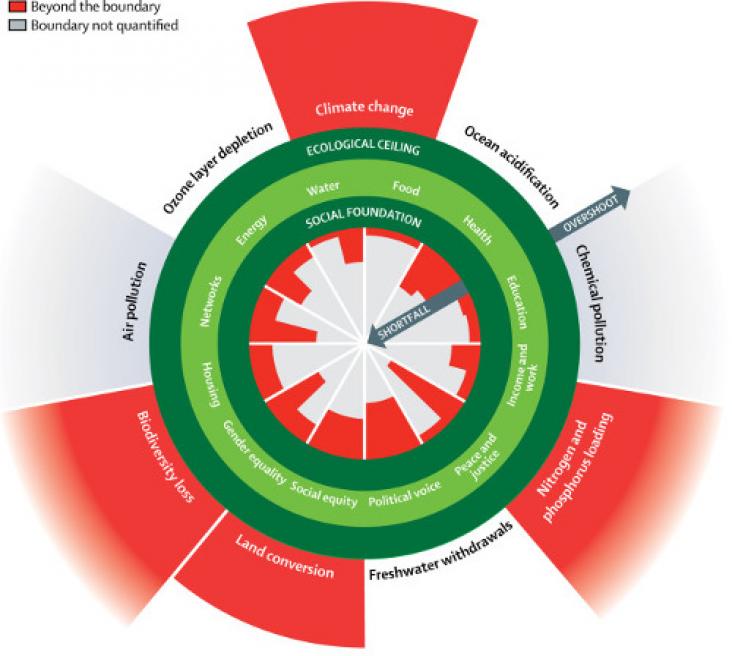This book chapter advances SDGs 3 and 10 by ensuring equitable access to medications, technologies and clinical care are central to service delivery for effective screening, prevention and kidney disease management.
Background Cancer is a major cause of death in children worldwide, and the recorded incidence tends to increase with time.
Although sexual minority women (SMW) and transgender women have become increasingly visible in recent years and have made progress in achieving civil rights, they continue to face significant levels o
Running is a popular and convenient leisure-time physical activity (PA) with a significant impact on longevity.
Elsevier,
Principles of Gender-Specific Medicine (Third Edition), Gender in the Genomic Era, 2017, Pages 733-741
The chapter explores gender-specific medicine. It advances SDG Goal, Gender Equality, by ensuring gender is considered in treatments of illness and disease.
This chapter advances SDGs 3, 10, and 16 by focusing particularly on the evolutionary/cognitive explanations of racial categorization.
Neurochemical Aspects of Alzheimer's Disease Risk Factors, Pathogenesis, Biomarkers, and Potential Treatment Strategies, 2017, Pages 47-91
This book chapter advances SDG #3 and #10 by reviewing the risk factors for Alzheimer’s Disease, including normal aging, diet, sedentary lifestyle, sleep disturbances, genes [amyloid precursor protein (APP), presenilin 1 (PSEN1), PSEN2, and APOE], environmental factors, and epigenetic factors.
Innovative programs introduced in response to the Millennium Development Goals show promise to reduce the global rate of maternal mortality.
Open defecation is a major global health problem. The number of open defecators in India dwarfs that of other states, and most live in rural places.

